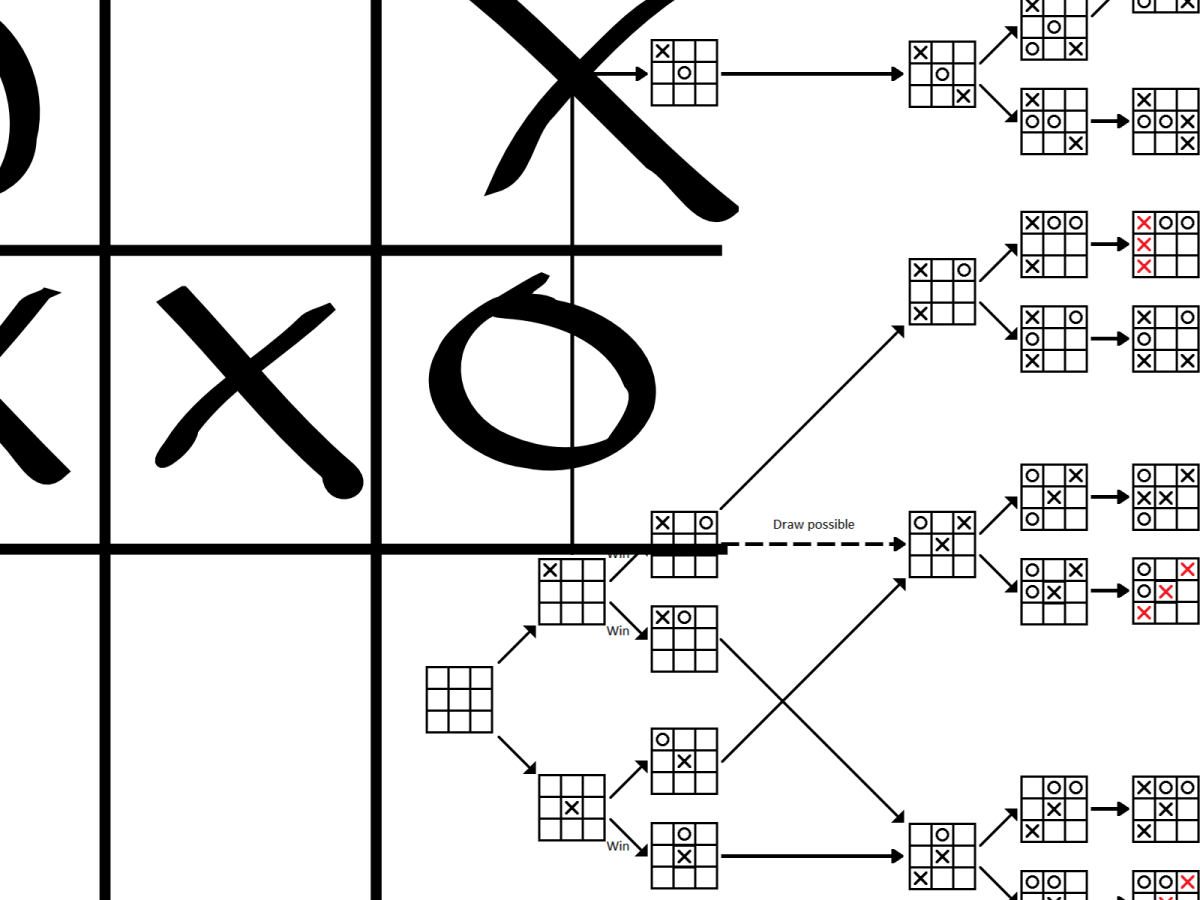In September 2020, Popular Culture Studies Journal published Robert Sullivan’s paper “Role-Playing Games as Art.” In it, Sullivan argues that visual and verbal arts converge in RPGs, and so they qualify as a distinctive artform.
Sullivan’s core assumption—RPGs are an artform—is not a new one. It dates back to the early days of critique and commentary on RPGs as documented by Jon Peterson in The Elusive Shift.
Today—after a lot of research, writing, and waiting on peer reviews—my response to Sullivan’s argument, “Revaluating RPGs”, has also been published in PCSJ. Using Sullivan as a starting point, I challenge the longstanding assumption and argue that it skews and limits how we’re able to think and talk about RPGs, and it therefore obstructs more sophisticated scholarship and theorizing.
One of my peer reviewers noted that my paper is predominantly a literature review, and they’re not wrong. I say very little that’s new, but I assemble pre-existing ideas in a novel way to create a broad basis for an alternative interpretation of RPGs.
PCSJ is an open-access journal, so you can read both papers for free. This post is a digest of “Revaluating RPGs” written for laypersons who may not want to slog through an extended academic discussion. It lacks citations and discussion of my sources, and so a lot of the argument’s nuance is absent, but it does provide a more straightforward, big-picture outline.
For the full argument, though, you’ll have to read the paper.
The Question of Art
Sullivan’s argument carries an internal, unresolved tension. It acknowledges that game materials exist to be used, but it situates games’ artistic merit in those physical materials: the verbal and visual components.
This is a pretty common confusion, and it’s reinforced by the language we use to talk about games. As a designer or a consumer, how often have you said “I published/bought a new game”? (I say it all the time too.) It’s analogous to saying “I published a new cake” when really you’ve published a new recipe for cake. Likewise, we use the shorthand “game” or “RPG” to designate an instruction manual we use to play the game. The two are closely related, but they aren’t identical with one another.
RPGs don’t exist in the materials themselves; they exist when we use those materials to play. The same holds true for other types of games. Lined turf and a ball, for example, only become a game of football when people use those materials to play.
These materials can definitely be art. As you may expect, I cite Mörk Borg as an example. Pelle’s concepts and prose and Johan’s illustrations, layouts, and graphic design are all smart and creative, and their collective merits unpretentiously qualify as artistic.
But none of these things constitute the game itself. The game exists in being played, and this naturally leads to the question: is play an artform?
However, I think this is a false question because it inverts the cultural precedence. Play isn’t a form of art; art is a form of play. Play is pre-cultural, and the play impulse undergirds and conditions culture’s emergence and development. Art—paintings, poetry, music, films, sculptures, and every other form—are all products of artists’ creative play within their chosen media.
Like artforms, RPGs manifest culture’s underlying play impulse. But RPGs are more complex than traditionally recognized artforms. The arts are modes of communication, but they’re one-way streets; the artist crafts their medium to convey something to the audience. But RPGs draw multiple lines of simultaneous interaction amongst multiple parties in a dynamic network, and they facilitate flexible, heuristic (rather than rote memory-based) knowledge. This makes RPGs qualitatively different from the well-recognized arts.
The crux of my argument is that RPGs are more sophisticated than art. We can’t adequately talk about them using terms and concepts derived from the study of art just as we can’t productively talk about art using terms derived from the study of non-linguistic vocalizations. Doing so pigeonholes RPGs into this less-complex category and does them an intellectually dangerous disservice.
Legitimacy at the Cost of Accuracy
Sullivan’s purpose in his paper is to transplant gamers’ and designers’ widely held assumption into the academic arena. Because RPGs are art, they warrant serious intellectual attention, and they should take their place alongside the other forms we call art. This would legitimize RPGs and secure their membership in the high-culture canon.
But are the custodians and stewards of that canon really the right people to be critiquing, analyzing, interpreting, and theorizing RPGs? Are their critical tools and methods suited to this task?
I say no.
Like Sullivan, many game designers, players, and enthusiasts are all invested in the notion of RPGs as art because the category of “art” lends legitimacy to their interests. Academics are likewise invested in their disciplines and fields, and in all cases, we will see in RPGs only the preconceived notions we bring with us. This illuminates certain aspects of RPGs but obscures others, leading to an incomplete and unbalanced view of thing we claim to study.
Subordinating RPGs to something we find more interesting leads to a sort of intellectual colonization of RPGs. Rather than forcing RPGs into pre-defined and -legitimized categories, we should strive to strip away (to the greatest extent possible) our preconceptions so we can get a better understanding of what RPGs are in themselves.
My proposed solution is to study RPGs from the inside out—for example, through an RPG about RPG theory. How would this work? What would it even look like? I honestly can’t say. Those are challenges for more talented thinkers and designers than myself.
Evaluating “Revaluating RPGs”
If we’re looking for art, we’ll find justifications for calling RPGs art. But we’ll find those justifications at the expense of other aspects and elements that don’t fit neatly into that framework. We’ll see what we want to see, but we’ll blind ourselves to other crucial aspects that make RPGs unique and special.
Unfortunately, this is an inescapable dilemma. No single perspective can ever be panoptic and holistic. Every point of view will have blind spots, and gaps will always persist despite our best efforts to fill them or rationalize them away.
A single perspective can never capture “truth,” but friction between different perspectives can help to indirectly reveal it. That’s why I spent months researching and writing “Revaluating RPGs” and building what’s sure to be a very unpopular argument that runs stubbornly against the popular grain.
From start to finish, I worked in the spirit of the Paul Feyerabend, who advocated for introducing contrarian ideas and approaches into the pursuit of knowledge. He believed that any avenue of inquiry is worth pursuing because it may lead to new discoveries and force opposing perspectives into greater self-reflection and articulation. Progress can be made in many different ways and through many different avenues—but only if we’re willing to take a trip down those avenues, see what’s there, and compare it to what we think we already know.
Hence my goal here: to call attention the longstanding and implicit assumption that RPGs are art, examine its shortcomings, and present a different interpretive framework. By exploring new territory—or, more accurately, exploring the same territory with new eyes—we may discover things that would have otherwise remained completely hidden in our old perspective’s blind spots.
A careful reader will note one such massive gap in my argument: it excludes solo gaming from the RPG category. Solo games lack the complex communicative dynamic that I use to define RPGs, relying instead on the simpler, linear modes that define art (albeit with expanded agency). In this perspective, they’re more like toolkits for the writer’s creative play rather than they are like RPGs as the latter are typically and historically recognized and defined.
Is this a flaw in my framework, or is it a signal that solo games are mislabeled? That’s a question for further debate, and that’s the entire purpose of arguments like this one: to encourage critical debate, not to foreclose on it, and to pursue those discussions in good faith.
Special thanks go to Ian Long for playing the sounding board for the paper and this post, and for providing some helpful suggestions and improvements along the way.
Liber Ludorum is entirely reader-funded. Please consider lending your support.
Recent posts
Breakout Con ’24: a retrospective
Impressions of Canada’s largest tabletop gaming convention
Tabula Rasa: a (p)review
An exclusive first look at the groundbreaking rules-minimalist, experience-maximalist TTRPG
Games & Systems
The tradeoff between flexibility and direction, and the pitfalls of thinking about both





Love the exclusion of solo RPGs from your definition and hope it sparks a firestorm in the Discourse.
LikeLike
I hope it’s not a firestorm, but some reflection and discussion would be interesting.
LikeLike